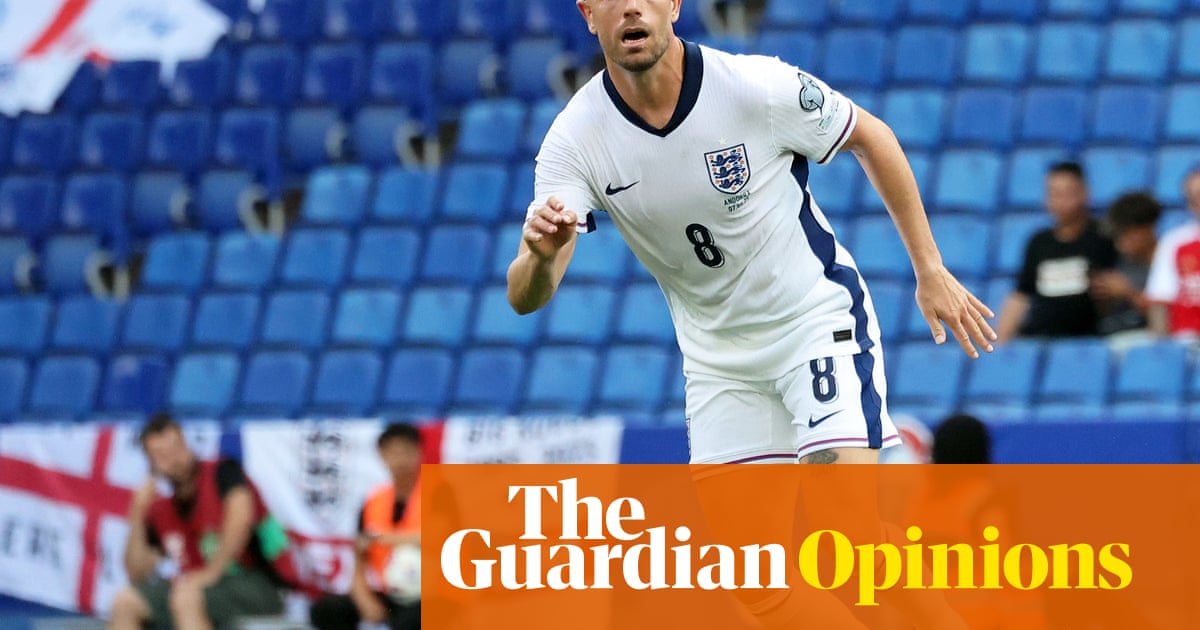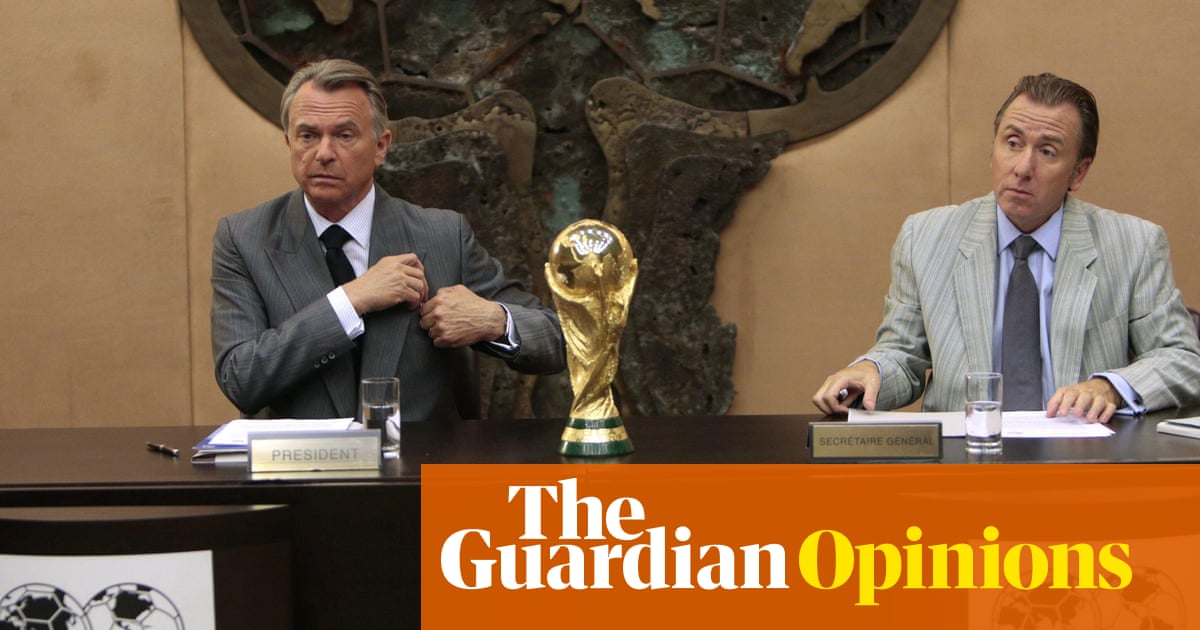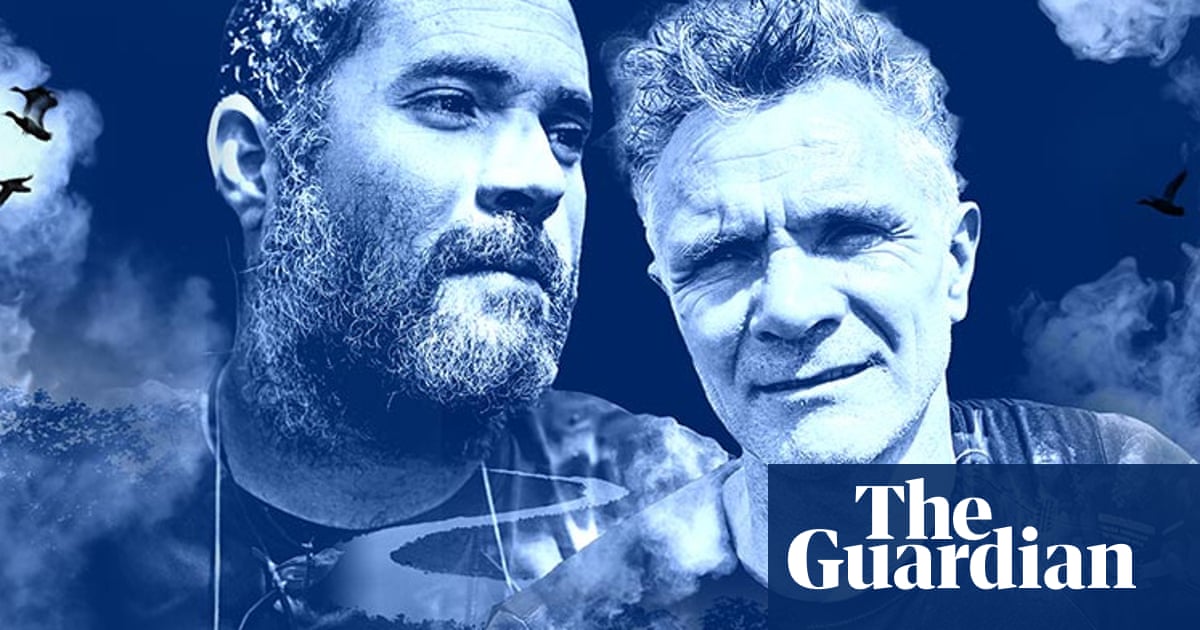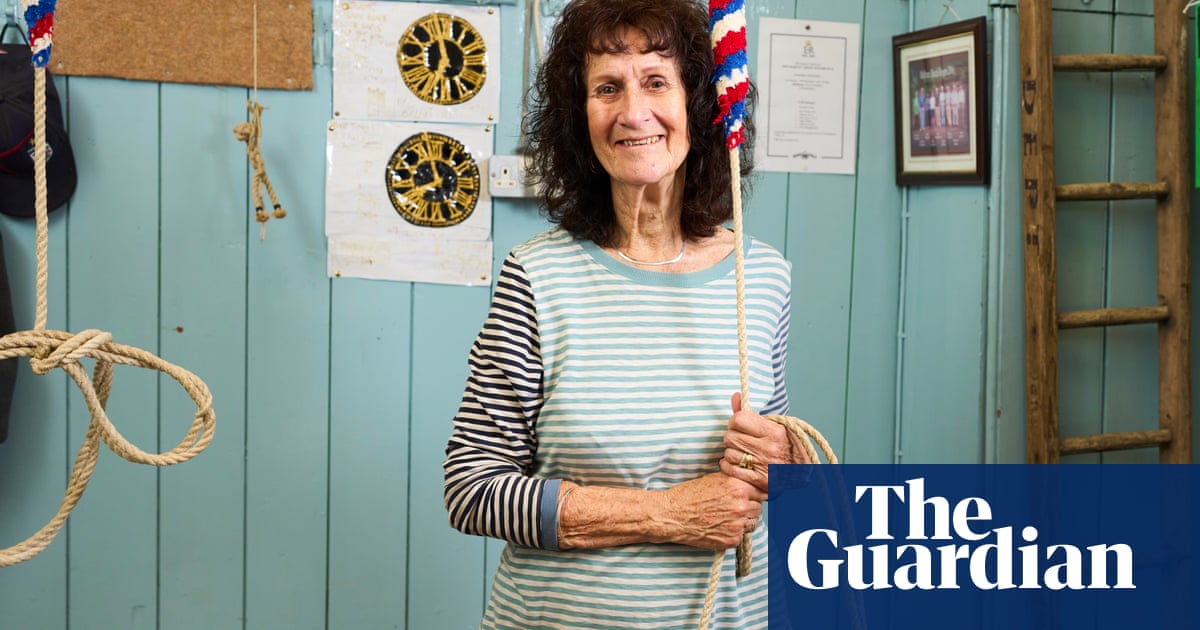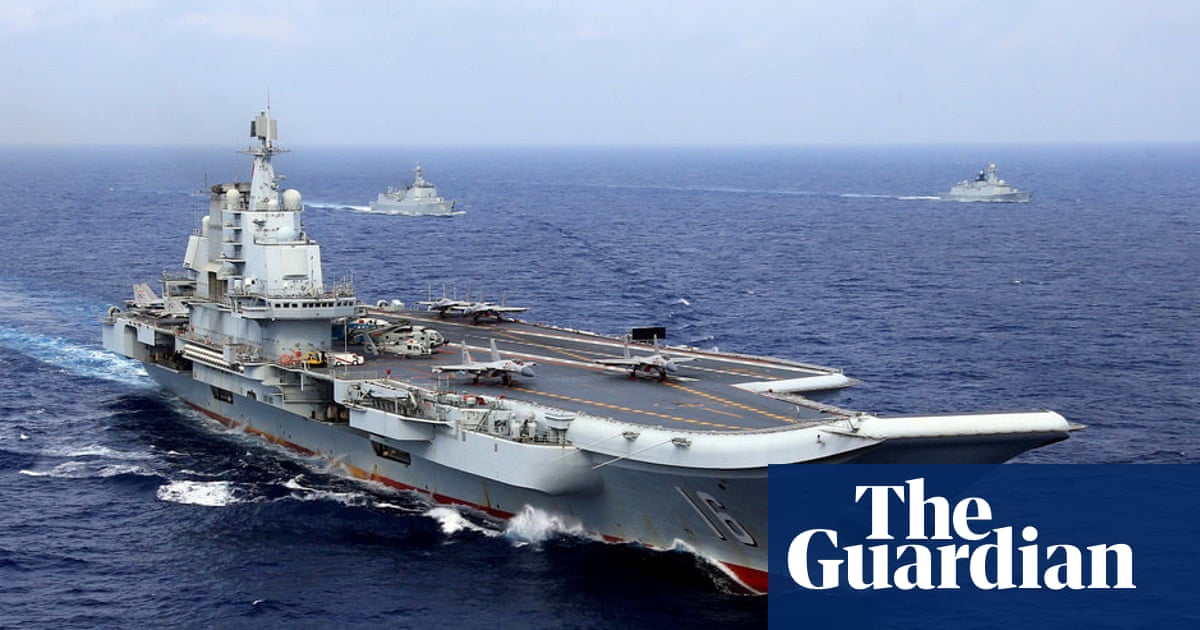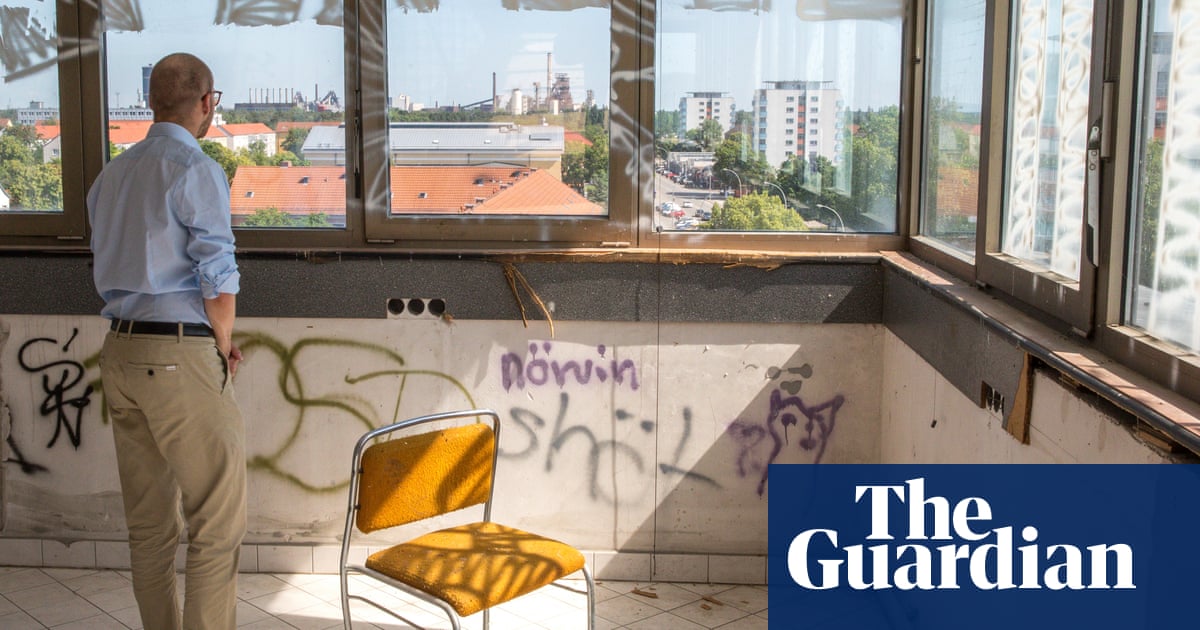“And then suddenly they sacked me.” Julen Lopetegui is running through the reasons to be cheerful – safety secure, 17 shots at the Etihad and the physical stats, an identity emerging, a winter window and a kinder calendar coming – when he uses one of only two English lines in as many hours, delivered as if the final page of a story. The other, not entirely incidentally, is “no comment”, and a smile accompanies both. Five weeks from his sacking at West Ham, the anger and hurt has subsided, on the surface at least. The period of mourning, as he puts it, is over.
“My father died and, although you can’t compare them, personal and professional mourning came together,” Lopetegui says. Offers arrived, but it was too soon. Instead he headed to Mexico, where he is building a hotel with his brother Joxean, a former pelota player, and as he arrives at another hotel, this time in Madrid, it is clear getting away from it all was good for him. Heading in, he bumps into Rafa Benítez and conversation begins, back to football again. “Slowly, you start to feel that enthusiasm,” Lopetegui says. “You step back, see things clearly, get closer to reality.”
The reality, he knows, is that it was not so sudden really. No one had actually told Lopetegui he would be sacked but he knew. Everyone did. He had been in the job six months, 22 games, yet the surprise was that it took that long. He took three training sessions aware it was over and the sense of inevitability went back further, almost to the start. Fans had sung about him being sacked in the morning, the question was which morning.
Eighth of January. “There’s a phone call, Karren Brady and David Sullivan telling me the decision. And that’s it, no more,” Lopetegui says. Only there is more, even if he keeps his counsel. “I respect everyone at West Ham,” he says, “but that’s compatible with not agreeing with their decision.”
It wasn’t just the decision, it was how it was handled, some players feeling Lopetegui was poorly treated. Even critics saw an unreciprocated dignity in him silently continuing when his fate was sealed. He calls that “responsibility”, but a feeling lingers of having been undermined, a toxicity within. Conversations with replacements were conducted early and openly, and a few weeks after his sacking the technical director, Tim Steidten, was dismissed too. The German had previously been barred by David Moyes, and Lopetegui had eventually followed suit. But when Steidten is brought up, he raises a hand: stop. “I prefer not to talk about the Tim subject. That’s the past, internal issues …”

But … “No.” But surely that conditions everything? “You’re responsible for what you do, you control. You ask specifically about that person, I prefer not to answer.” Which is when, reminded that he was not alone in this, Steidten’s subsequent sacking suggestive of a lesson learned at last if too late, Lopetegui delivers his second English line, emulating the man who coached Real Sociedad, his boyhood club: “As John Toshack used to say: ‘No comment.’”
Steidten led a summer in which West Ham spent £175m but few signings worked out, Lopetegui not entirely convinced, and there were problems to overcome. Niclas Füllkrug, signed for £27m, missed three months. Michail Antonio was in a horrific car crash: “We feared he was leaving us.” Lucas Paquetá had allegations of breaching gambling regulations hanging over him, although the coach insists: “He handled it very well; we were pleased with his commitment.” There had been confrontations too, with Mohammed Kudus and Jean-Clair Todibo, the latter outcast, training alone.
“That’s much more normal than people think,” Lopetegui says. “And we had the group’s support, good leaders: [Tomas] Soucek, Edson [Álvarez], [Aaron] Cresswell, Antonio … players who really represented the club well. We had a captain, Jarrod [Bowen], who helped a lot – and will mark an era. He’s exemplary: work, behaviour, responsibility, the talent to play at any level. And we felt the players were receptive, grasping the process better all the time. We had new players to integrate, a new idea, less individualistic. It isn’t easy. If the players aren’t convinced, the coach is screwed. But they understood; some were enthusiastic. I’m not trying to justify anything, just explaining some factors.

“The process isn’t completed overnight. When you’re drilling for oil, you go down, down, down, down … and you’re getting ever closer, even if oil doesn’t appear yet. The key is: are you drilling because you’re convinced there’s oil there? Or just drilling? If halfway through you change well, that’s no guarantee. There are exemplary clubs that see it through. Keep going until you hit oil. It’s hard to stick, beyond the circumstantial, the noise. The owners understood, which is why we were a bit surprised. No one was happy with what was happening. But seasons finish in May.”
May was a long way off, but so too was the European objective. “There wasn’t a defined objective,” Lopetegui interjects. “Sometimes expectation leads to the wrong decisions. The short-term, ‘profitable’ decision is: sack the coach. In the mid-to-long term, it’s not. I don’t think that expectation was good for the team, especially at home, because it wasn’t real. Sometimes players need tranquillity.
after newsletter promotion
“The first half of last season was really good but in the second, West Ham’s form, the trend, was practically relegation. The data showed the worst team physically. We were No 2 when we left: high-intensity sprints, distance covered, acceleration. We wanted more possession, beginning a process towards something new while avoiding any danger of relegation. We could have been ninth rather than 13th but were roughly where we should be. We had good games in ‘our league’: Bournemouth, Brighton, Wolves, Southampton … the only loss was Leicester, when we had 34 shots. At Man City we created more chances than anyone in nine years. At Newcastle I saw something closer to what we wanted. Against Bournemouth we pressed high, created chances.”

Yet there was an inescapable truth and Lopetegui knows that few saw the signs of progression he did, glimpses of the identity he came to construct. He listens to the list of accusations, occasionally nodding: slow, shapeless, vulnerable, five conceded to Liverpool and Arsenal, four to City and Spurs, three to Leicester, Chelsea and Forest. If fans don’t recognise his reasons to be cheerful, he recognises their reasons not to be, especially the inability to compete defensively. “I agree: I wasn’t satisfied either,” he says. “Of course we could have played better. Of course it was our fault.
“But we weren’t in danger and we were adapting, learning, taking steps. We were working on the transfer window, strengthening, felt a better second half was coming. Six months on I understood West Ham’s reality better, the players knew us better. Sacking isn’t normal, unless you’re in relegation. In week 18 we had 23 points. There was time to do many things. Many things. You think: ‘Hey, our work’s not done.’
“We left with pain and anger, frustration. But José Antonio Camacho used to say: ‘You’re not a coach until you’ve been sacked twice.’ That’s football.
“There are interests, expectations and the short term is always right, even if time proves it wrong. I’ve spent 12 years in the elite and you choose how to behave, accept it. It was a pity. It toughens you. I had interesting offers yet it’s not always good to take the quick option. Better to stop, recover, reset. But football is what I have always loved and always will love, until the end.”

 3 months ago
50
3 months ago
50

